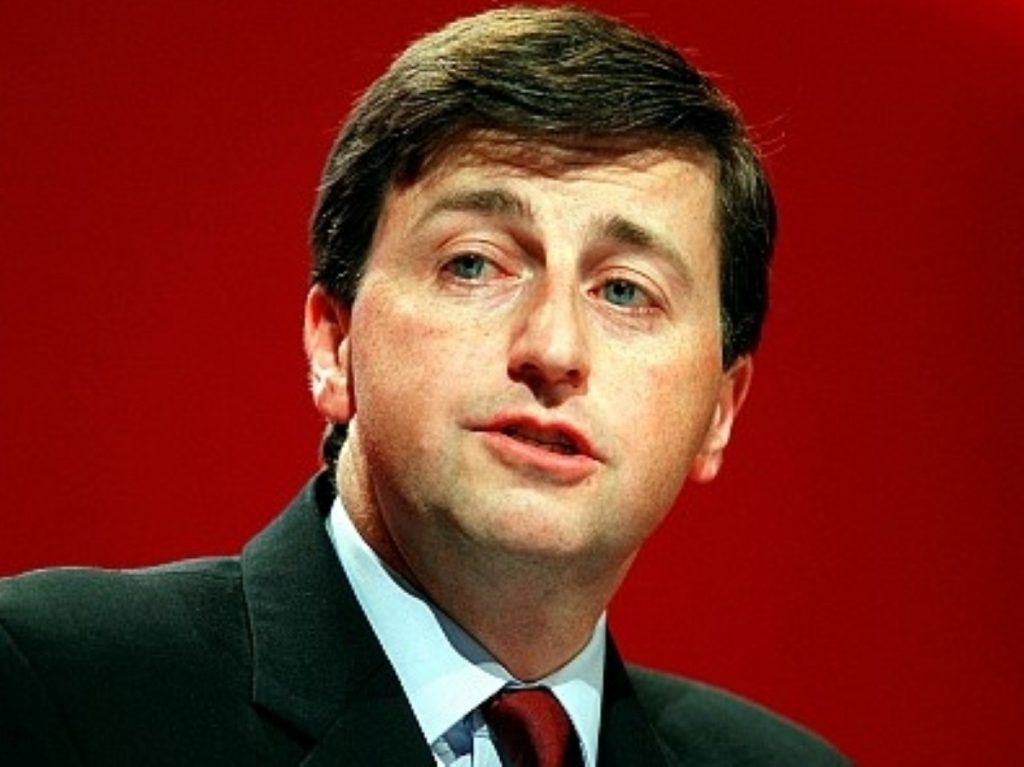Eight years after he was dramatically unseated by the SNP juggernaut at the 2015 general election, former cabinet minister Douglas Alexander is seeking a Westminster comeback in a key target seat for Scottish Labour.
Alexander, who held several cabinet posts under prime ministers Tony Blair and Gordon Brown, has been nominated to stand for Scottish Labour in the swing seat of East Lothian. He will now face Alba deputy leader Kenny MacAskill, who won the seat for the SNP from a Labour incumbent at the 2019 general election with a 3,886 majority.
East Lothian will be a top target for Scottish Labour when the next Westminster election is fought, and Alexander will fancy his chances. Recent polls have forecast that Labour will pick up a handful of MPs in Scotland if current voting intentions hold steady. And the presence of a strong Alba candidate in East Lothian, who could split the pro-independence vote in a constituency with an already strong unionist majority, means Alexander has chosen his seat well.
Announcing his selection on Twitter on Sunday, Mr Alexander wrote: “He’s running! Humbled and grateful to be overwhelmingly selected today by local party members as Scottish Labour’s candidate for East Lothian.


“Change is coming to our country and I’m determined to play my part by winning East Lothian back for Scottish Labour”.
Still aged only 55, Alexander’s candidacy comes more than 25 years after he was first elected to the commons, winning the then-safe Labour seat of Paisley South seat in a by-election in November 1997.
As a new MP, Alexander quickly gained the trust of Tony Blair, helping the leadership coordinate Labour’s successful election campaign in 2001 as a junior minister. Alexander was rewarded with elevation to the cabinet, becoming chancellor of the duchy of Lancaster in 2003. From 2006-2007, Alexander held the posts of transport secretary and secretary of state for Scotland concurrently — perhaps proffering some insight into his political skills. And finally, when Gordon Brown took over as Labour leader in 2007, Alexander was made secretary of state for international development. He held this post until the 2010 general election, which ushered David Cameron into Downing Street.
Alexander’s record in government could be a very valuable asset to Keir Starmer’s Labour party if it wins the next general election. Indeed, of the almost 30 MPs in the shadow cabinet, only two — Yvette Cooper and Ed Miliband — have been secretaries of state. There are then only four others — David Lammy, John Healey, Pat McFadden and Sir Alan Campbell — who have held junior ministerial posts. In total, some 21 of Sir Keir’s top team, including the leader of the opposition himself and shadow chancellor Rachel Reeves, have only ever been opposition MPs.
Alexander’s comeback also has important political and ideological implications. As a key member of both Tony Blair and Gordon Brown’s administrations, the former shadow foreign secretary is an archetypal New Labour darling and figure from the party’s centre-left. Associated primarily with the party’s “Brownite” wing and widely regarded as a protegé to the chancellor-turned-PM, Alexander’s loyalty to Brown was unquestionable through 1997-2010.
Alexander’s association with New Labour has opened him up to criticism from the party’s left, with one source from the grassroots left-wing group Momentum telling The Mirror: “It’s the full-blooded restoration of the New Labour ancien régime”.
However, Labour deputy leader Angela Rayner denied on Monday that Alexander’s comeback represented a “return of the Blairites”. She told Times Radio:
We are seeing a return of Labour absolutely committed to being the next government to put the people of this country first and to clear up the disastrous economic mess that the Conservatives have made. … This is about the Labour Party being serious about being the party for government
Rayners’ comments are perhaps the latest signal of how far the New Labour image has been rehabilitated in Starmer’s Labour Party. The legacy of both Tony Blair and Gordon Brown had been through a period of sustained attack under the leadership of Jeremy Corbyn (2015-2020).
Sir Keir has already sought the advice of former prime minister Gordon Brown as part of a very public consultation on constitutional reform; the Labour leader is also thought to be counselled by New Labour spinners Alastair Campbell and Peter Mandelson in private. Tellingly, Mandelson even chaired the so-called “secret” Brexit summit — presumably at the behest of Sir Keir. Also in attendance was former new Labour minister and shadow foreign secretary David Lammy.
Alexander’s comeback is therefore a sign of the times in Labour party politics. The focus now turns to whether any other former New Labour ministers will try their chances at a return to frontline politics. Among the names being mentioned are former shadow chancellor Ed Balls and, of course, one David Miliband.











